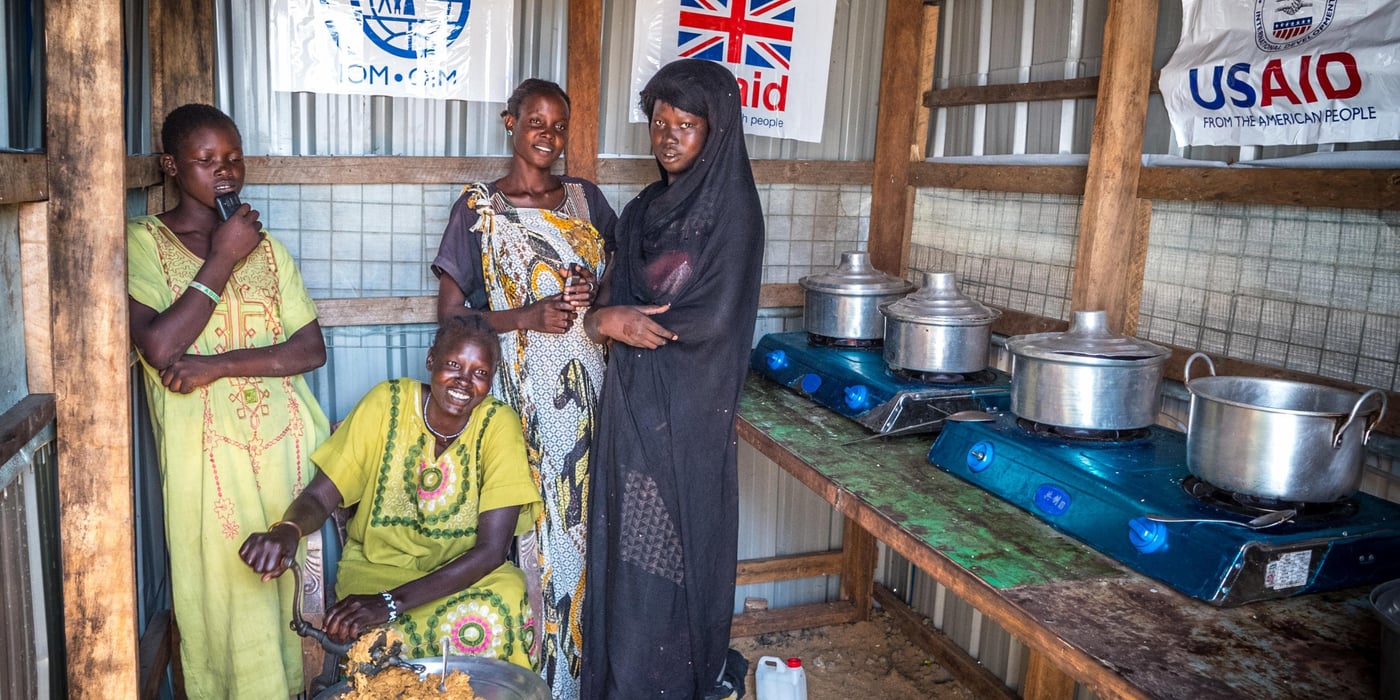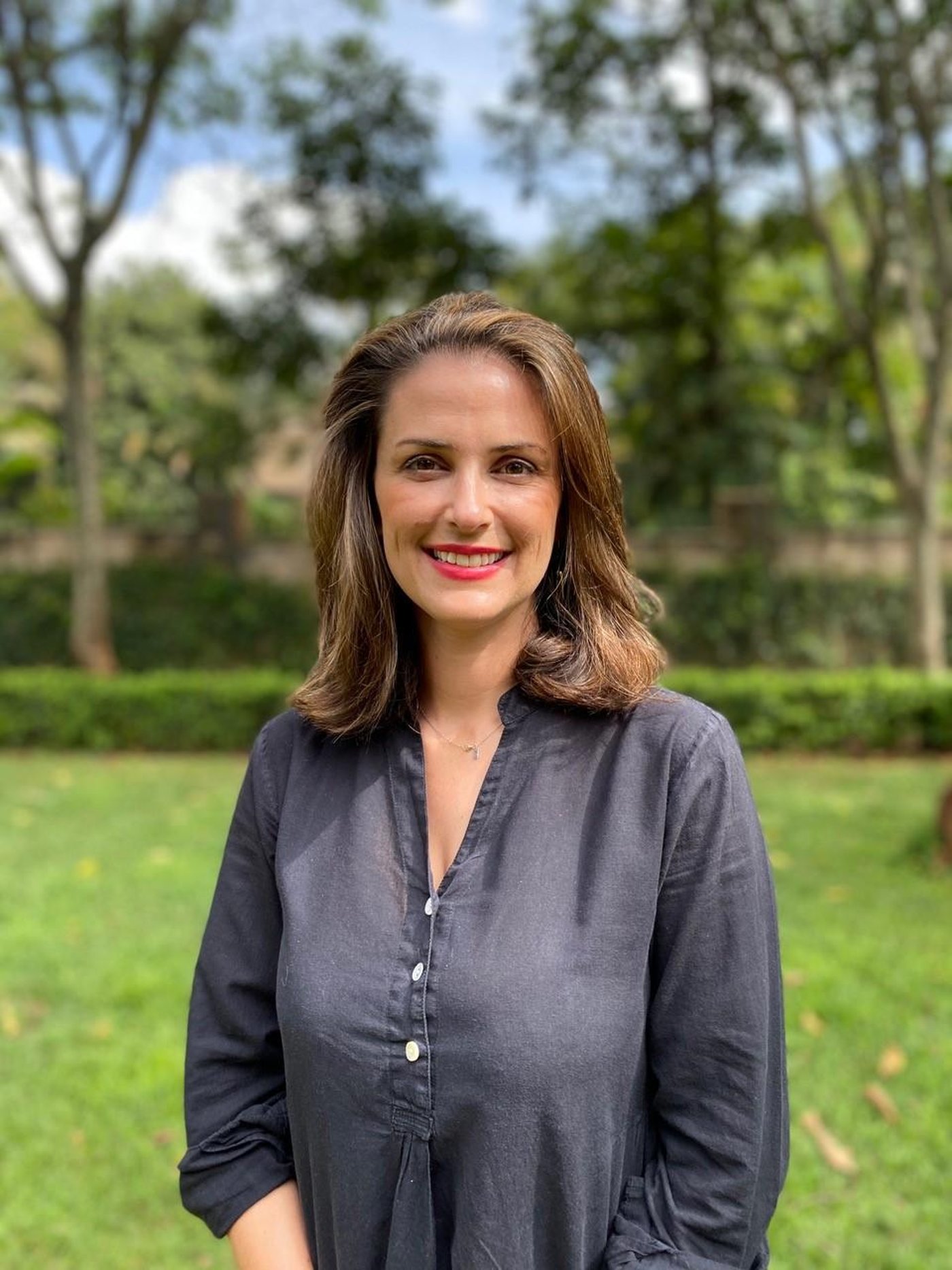
«Pre-covid I did a lot of travel in the region. I would engage in big coordination meetings, give presentations on behalf of ReDSS and our members and support regional policy processes. Now everything has moved online”, says Cate Osborn from her home office in Nairobi, Kenya.
As a NORCAP expert Cate has been working with the Regional Durable Solutions Secretariat (ReDSS) – a coalition of 14 organisations that aims to support durable solutions for displacement-affected communities in East Africa and the Horn of Africa.
Durable solutions
A durable solution is achieved when the displaced no longer have any specific assistance and protection needs that are linked to their displacement, and can enjoy their human rights without discrimination on account of their displacement. It can be achieved through return, local integration and resettlement (IASC Framework on Durable Solutions for IDPs).
Global refugee forum in Geneva
Osborn was engaged by ReDSS to support civil society engagement in the preparations for the Global Refugee Forum (GRF) held December 2019 in Geneva. In 2020 she was supporting the development of new policies and follow-up on the pledges made in the Forum.
“The forum itself was one of the highlights of my work. I think ReDSS played a critical role in creating a common agenda going forward”, says Osborn.
ReDSS worked closely with governments, UNHCR and a wide range of humanitarian and development partners to ensure that learning from the Comprehensive Refugee Response Framework would inform both the pledges to be announced by governments but also donors and humanitarian and development partners.
With the global pandemic everything about the way she worked changed.
“I go into the office once or twice per week, but it is very strict to get access. It is such a luxury these days to have uninterrupted work time away from my children” she smiles.
Her two nine-year old twin boys had been home since March when the schools in Kenya closed.
Coordinating 14 organisations from home
During the pandemic, ReDSS has provided a forum where the partner organisations can coordinate, share evidence and discuss common responses to covid-19.
How do you coordinate so many partners and stakeholders without being able to meet face to face?
“It is definitely challenging to adapt to remote working, especially the lack of informal discussions and catching up with stakeholders, members and partners. Online it sometimes becomes very formal. And when engaging in some sensitive issues around policy it is often better to just have a coffee to compare notes and find common ground”, she says.
Refugees and displaced people are especially vulnerable to the pandemic. Cate Osborn worries that it will also affect the work on long-term solutions for displaced people.
“A lot of the assistance and focus of organisations and governments is now redirected to short term responses to the pandemic. It is challenging and the space to continue to focus on long-term solutions and displacement issues has become smaller. We need to respond to covid, but we also need to keep up momentum on durable solutions and avoid stopping the long-term programmes. My biggest fear is starting from square one”, says Osborn.


